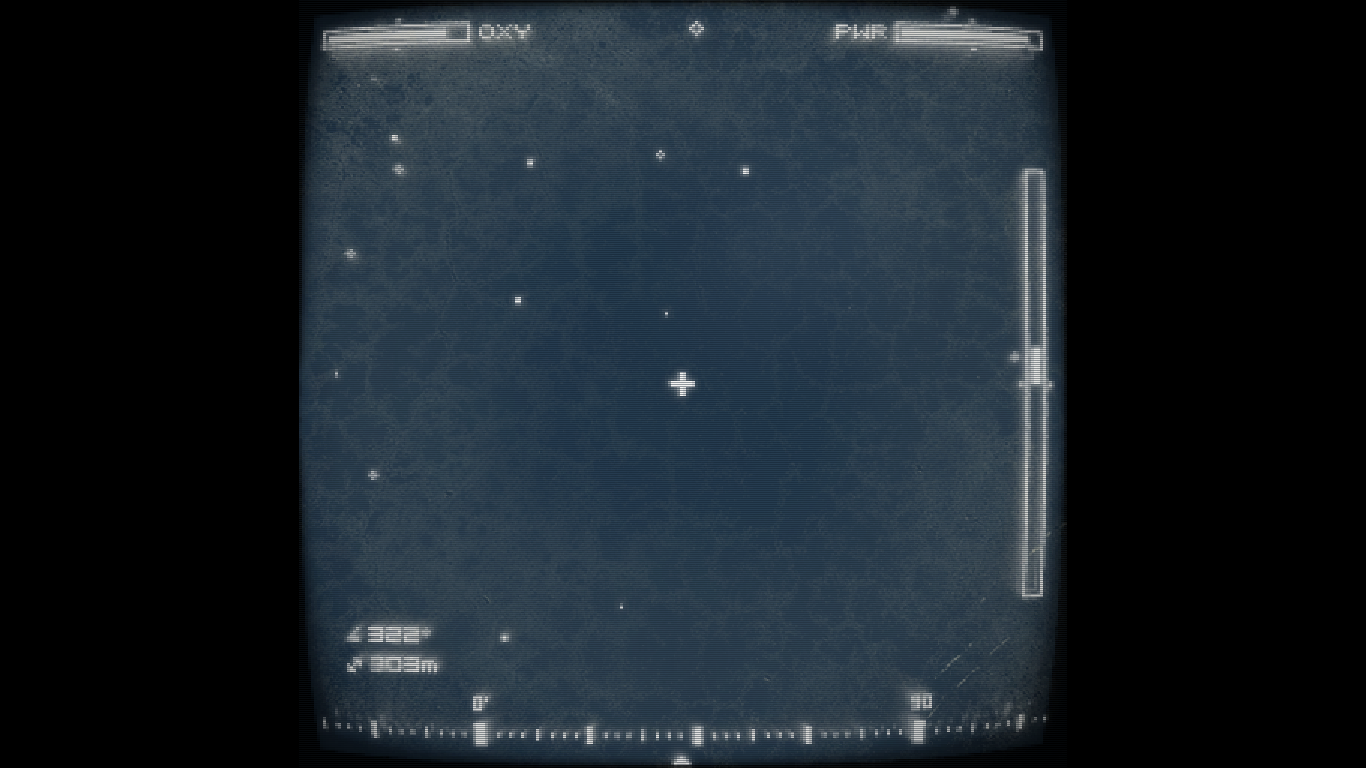The Penny Arcade Report (hosted by Ben Kuchera)
Dishonored’s Harvey Smith explains the genius of Far Cry 2
Wed, Dec 19, 2012
When working on Dishonored with my co-creative director Raphael Colantonio, Raph and I would often race over to excitedly share stories with one another after some moment during a solo play session. While these moments were sometimes related to a gorgeous vista the artists had cooked up, or a payoff moment in some level designer’s mission, our most intense reactions were reserved for those times when – as a result of player input and systems – something dramatic happened that we consider emergent, rather than embedded, narrative.
“I pulled myself up onto a low wall, but knocked over a bottle, which fell and crashed. A guard around the corner heard it and said something about checking it out. Just before he rounded the corner, a rat squeaked by and I possessed it, effectively hiding from the guard.”
This is significant and sheds light on the creative values shared at Arkane Studios and, I assume, with the makers of numerous games across time that facilitate emergent narrative, like Far Cry 2 or this year’s excellent indie title FTL: Faster Than Light.
The stories we tell ourselves
Games exist in their most “alive” state when their adjacent systems have an influence on one another, driven by player action. (Without the last part, it’s just simulation.) Game systems that – even beyond the plans and intentions of the designers – allow the player to improvise, not with a single dominant strategy, but along multiple parallel tracks that can be chosen for tactical or expressive reasons, are the way to grant players the most powerful intellectual and emotional experiences the medium can offer.
Here the focus is on Far Cry 2, one of my favorite shooters of all time. This is largely because – as I experience play – I find myself ignoring the embedded plot about Africa and the Jackal, and focusing instead on the dynamic story that I’m telling with the game through my actions and the game’s reactions. FC2‘s strongest systems comprise a magical admixture: the game’s AI perception, the outrageously dangerous fire propagation model, the ambient wildlife and my tender feelings about animals, and the buddy rescue system.
Hiding in the grass while a leanly muscled young man passed, carrying an AK-47 and thumbing a text message into his phone was thrilling. I feared being discovered, but imagined he was texting a girlfriend or boyfriend and didn’t want to have to kill him. I will never forget the sounds of the key presses on his phone as he passed my hiding place. Such a synthesis of game elements and tension.
As I was dying in a fire-fight the first time a buddy was dynamically deployed to rescue me, I felt a tremendous wave of emotion. This was Nasreen, who I felt an action-buddy bond through close association over time during moments of duress. Once I learned the system, I always made sure to “reset” that buddy’s state so she’d be there as a backup when I got in trouble.
Much later, in one particular encounter where Nasreen was down, I went to vast lengths to save her. If I remember correctly, my save game was set in a particular awkward moment in time and each time I reached her, where she’d been shot and burned by fire, I could not revive her. In the end, I kept her alive by running for a jeep, using it to wipe out a group of enemies nearby, then sprinting for a safe house containing more adrenaline and meds. Nasreen died eventually anyway, which was stressful to me, but at that moment my investment and the game’s systems conspired to create huge potential for drama, unlike that found in any other medium.
Once I ran over a zebra in my jeep and it troubled me, since I’d gone out of my way to avoid killing animals via weapons, vehicles or even accidental fire propagation. This was not “abstract entity 429 has reached 0 damage points and will now play its nonfunctional animation.” This was “I killed a beautiful creature, wandering a visually moving, but troubled landscape.”
My ultimate moment of unbridled joy playing FC2 came during a side mission, picked up in the form of an assassination contract via radio tower. A couple of jeeps full of armed men were protecting a convoy carrying my target, a sophisticatedly-dressed man with close-cropped white hair and a burgundy suit riding in an SUV.
The short version of the story is this: I engaged in an intense battle with the armed guards, wrecking several vehicles, including my own ATV, and when the SUV tried to run me over I killed the driver at point-blank range with my double-barreled shotgun, through the windshield. It made me feel like a bull fighter. Then, the last man standing was my target, racing sideways in the tall grass, firing at me with a nickel-plated hand cannon.
We fought for a while, the grassfire roaring around us ignited by the burning vehicles. I ran out of ammo and had to scavenge from the dead thugs; solid game dynamics that afforded me the chance to improvise, something unlikely to happen in many shooters with endless or overly-plentiful ammo and less interlocking systems. The fight was coming down to the wire, but as I retreated from my target – badly wounded and trying to avoid the grassfire – a single, far-off shot at my back ended me.
A sniper from a nearby (unrelated) camp had seen us fighting from high up in his tower, and as we ranged closer he had put me down. The last thing I saw was a blur of burning, crackling grass and the sophisticated-looking man in the burgundy suit firing his pistol at me, straight out of a Euro-crime film. But all this drama was experiential; it was the result of play, my actions.
You might have different views than I do in terms of what games are or ought to be, but I’m telling you: In terms of reaching me as a player and an emotional being, you cannot touch me like this without interacting game systems that facilitate emergent narrative. Go deep with that and I am yours. Still high with thrill, I reloaded and kicked off the mission again.
This time with the benefit of impossible, out of time experience, I easily took down my target. Upon completion – after that second, cleaner pass at the mission – I put the controller down, hands literally covered in sweat, and just sat on the couch for a while. In part, I was breathing, recovering emotionally, and in part I was savoring the feeling of what the game had just enabled. No film, book or amusement park ride has ever given me that specific blend of feelings. As soon as I had collected myself, I pulled out my phone and called Clint [Hocking]; I was that excited and I had to share it with someone who could understand.
Of course, the situation with the man in the burgundy suit requires some suspension of disbelief: If you fail to kill the target, the vehicle convoy will simply make a full circle and return, looping endlessly across the same 2-3 kilometer path. I wish this had been a “fail-able” side mission, where the target had the opportunity to escape via helicopter. But the fact is, systems-based games can never be as clean or tidy as heavily-linear or highly-controlled, scripted games, something Raph and I talk about now and then.
Even for all that was good in FC2‘s buddy system, I once lost an ally I’d invested in because – I believe – he randomly stepped into grassfire while I wasn’t paying attention, at a time we were not even fighting anyway, and he died unceremoniously without my notice. This is what another developer friend calls “systems gone bad,” and it’s one of the reasons that it’s harder for games made of systems that facilitate improvisational play to shine against highly choreographed, controlled, cinematic games.
And yet somehow the situation with Africa and the Jackal was some critical part of enabling my experience. I’m not an advocate of games with zero embedded narrative, made up exclusively of abstract game entities. In FC2, my understanding of the conflict and my mood were contextualized by the framework of the game’s story and the mythos of the Jackal. The conversations of my buddies, when we were standing around in bars, added some kind of gravity to their later systemic rescues of me or their cries to be rescued by me.
The challenge of narrative
You might ask – since the best moments of emergent narrative drama arise from the interplay of player agency and game systems – why we still rely on embedded narrative. Why give characters names, histories, lines of dialogue or personal goals if it’s not needed, or more specifically if it has nothing to do with the craft of game design, centered as it is on players optimizing toward victory conditions, rules as constraints and the resulting dynamics? The mechanics of chess work well whether you think about your mighty, cleverly-mobile “Knight” falling to a mere “Pawn,” rather than piece X being removed from play by piece Y, or whether you have some associated feelings for the uniqueness and value among your pieces of your Queen or King.
If you could accomplish the aesthetic goal of satisfying emergent narrative in a game where your spheroid avatar uses its physics attraction game mechanics to arrange black cubes as a means of solving puzzles and advancing, why bother with even the basic elements of story. Just as Rod Humble’s brilliant, fascinating game The Marriage benefited from – or integrally depended on, even – the name “marriage” and the colors blue and pink, the spheroid concept described above immediately gets more grounded and less abstract if I describe the spheroid as a robot like Pixar’s Wall-E, his physics power as magnetism, and the black cubes as iron.
If the number of games created, played and paid for are a useful indication, more people find the less abstract version of games more appealing; people want to play games that enable them to make a series of interesting decisions, but they want these games grounded in an emotionally evocative setting. You personally might want less embedded narrative or a different flavor that shares less in common with action cinema – as I do sometimes, even in games I’ve worked on – but that’s a matter of taste. Having some concrete identification with the subjects and subject matter found in video games grants those games universal entry points, as an aid to learning or emotional attachment (and thus gravity, meaning or importance).
Works like Eve Online and (notably indie) titles Dwarf Fortress and Day Z are all games where the player experience is highly focused on emergent narrative, in part eschewing the embedded narrative elements commonly seen in commercial, big-budget games. Through context they still represent a blend of embedded and emergent narrative. Games like Skyrim blend the two approaches as well in ways that create memories treasured by the fans of the game.
The watermark game Journey uses its setting – traditional media in the form of visual and aural embedded elements – to engender in the player a sense of spirituality and spiritual journey; then Journey creates moments of emergent narrative from brief, moving visits from other, ephemeral players, where the realities of each avatar briefly overlap, but the players have very few (minimalist) channels for communication.
Dishonored is a game that Raph and I spent over three years creating with Arkane Studios, a place dedicated to these ideals about the blend of emergent and embedded narrative. Dishonored tries to achieve emergent narrative moments by empowering the player in numerous ways related to movement, combat, evasion and killing, and creating connections between the associated support systems. Further, many of our systems involve some level of uncertainty or entropy, as a means of increasing the likelihood the player will have to improvise on the fly.
If games focused on embedded narrative are more polished, why do many of us prefer games that focus on the dynamics of emergent narrative? Is it some intuitive sense that ferrets out what is most meaningful in games? Is this a situation akin to independent film, where an audience steeped in the critical aspects of the medium wants a bare experience, uncluttered by bombast, filler or special effects, delivered in an understated or experimental way? On initial contact, Far Cry 2 was somewhat unwelcoming in that it did not invite players in; the subject matter was brutal and the game’s advancement curve and difficulty tuning required patience.
The reward for those who stayed with the game was potent. Some of the most interesting game design commentary of the year orbited the game, including the Permadeath experiments conducted by Ben Abraham and others, which I take as an indication of how thought-provoking and challenging (to video game conventions) Far Cry 2 was. The game stands as the shooter title that has given me the most compelling, player-driven moments to date.
Original Link



